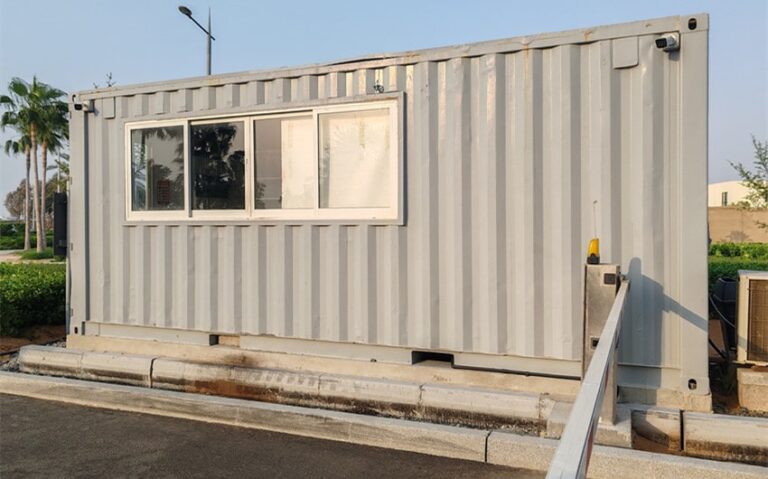How Courts Calculate Spousal Maintenance Payments
The IRS defined alimony or spousal maintenance, as the amount paid to a spouse or former spouse under a divorce or separation instrument.
According to spousal maintenance lawyer Steven M. Ellsworth, you may be eligible for spousal maintenance if you cannot meet your reasonable needs following a divorce. This arrangement often applies to spouses who paused their careers to raise children, manage the household, or support their partner’s educational or professional advancement.
When the courts make decisions regarding spousal maintenance payments, certain key factors come into view. These include the duration of the marriage, the financial status of the spouses, and their contributions during the course of the relationship. It would be good to know how these aspects affect how spousal maintenance payments are decided.
Let’s discuss in detail how courts come up with their calculations of alimony payments.
Factors Influencing Spousal Maintenance Calculations
The duration of the marriage and the spouses’ age and health are among the considerations that will be accounted for during the calculations of spousal maintenance.
For instance, if one of the spouses paid for the other’s schooling or supported their career, then it would have some bearing on the decision. The court views the standard of living while married. The court also takes into account each spouse’s financial resources and needs.
Spousal benefits under Social Security are financial support to individuals who may not have earned enough on their own to qualify for a substantial retirement payment. In this case, a former spouse can still receive benefits under their partner’s earning record.
Whenever all considerations are duly weighed, the procedure appears less frightening and somehow more acceptable, as they would both feel they have an active say in making a decision that directly impacts their future.
Income Disparities Between Spouses
The maintenance calculations of spouses may be greatly affected by their incomes, as one may have been the family’s main supporter while the other worked for personal or family growth.
By taking these differences in income into account, courts try to be fair and support the partner with the lower income. You might wonder how a court will view your finances in this regard. Courts look into not just the income but also the other spouse’s capable earning capacity, educational qualifications, and work history.
If you have worked for years maintaining a home, you should emphasize this aspect of the work. The courts aim to enforce financial equity between both parties after divorce so that both parties are afforded a smooth transition into new life arrangements that still contain a sense of home and stability.
Length of the Marriage
The length of the marriage is an important factor in determining spousal maintenance payments. Normally, the longer the duration of the marriage, the more the courts will lean toward awarding maintenance.
The courts recognize that the longer the relationship, the deeper the layers of financial interdependence are likely to be. If two have spent a long time setting up a life together, they might feel more responsible for each other’s financial well-being, particularly if the circumstances somehow forced one of them into parenting full-time in the absence of a proper career for themselves.
The financial responsibility will depend on the shorter the marriage’s length. The knowledge you have gained will better allow you to evaluate your particular situation.
Standard of Living During the Marriage
The way you lived when you were still spending time as a couple can be taken as a reason for spousal support, but the courts will also take into account the contributions of each partner to that lifestyle.
Spousal support may help both partners maintain a similar standard of living after separation by combining both parties’ resources and incomes.
Knowing these factors will help you and your partner find a place to belong in the future.
Contributions to Marital Assets and Home Responsibilities
Constructing a life as a couple, no matter if it is through sharing expenses, looking after kids, or taking care of the house, is significant. It is accepted by courts that the value of non-monetary contributions in the process of growing marital property is equal to that of any monetary contributions.
If you dedicate some time to your spouse’s career advancement or daily household chores, these contributions will significantly influence the maintenance calculation.
Every job you have taken part in will contribute to establishing a standard that is considered fair in the future. Each of your contributions to the family deserves to be recognized and respected.







